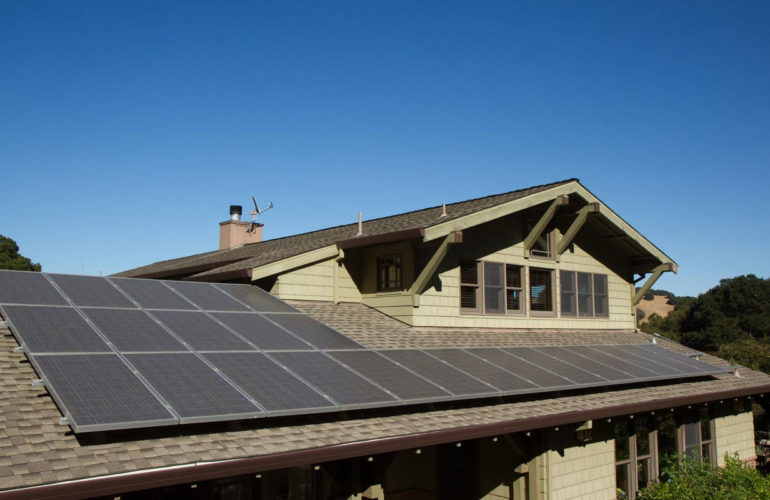No matter the battery type, the key purpose of it is to perform a chemical reaction that can generate an electric current to power up your electronic gadgets. However, the types involved in the battery segment present the way each battery type produces electric current and helps with storing electricity.
While you can get a variety of battery devices to store electricity and power up electrical devices whose market is based on their size, functionality and other matrices, it is a solar battery technology that is now the fastest-growing industry in the present time. This is because the normal battery can be charged only once and used for long-duration blackouts, but solar batteries can be charged and used continuously.
How Does Electricity Generation Have An Effect On the Battery Type?
The principal difference between normal and solar tubular batteries is that both have varied discharge ratings. While the normal batteries or inverters show a c20 and above rating, the solar battery discharge rating is c10. This means the normal batteries should not get discharged within 20 hours of charging, and the solar batteries should not discharge within 10 hours of charging.
The tubular technology of solar batteries is considered the most advanced battery storage system in the current market. Apart from this major difference, there are some additional differences present between normal and solar tubular batteries. Let's get to know about them.
The Working Mechanism of Solar Batteries
Solar batteries help store energy from the solar PV system that absorbs the sun's energy and changes the photon into electric energy, which passes into the inverter for later use in the home. The PV system is connected to the electrical grid in case you don't have an off-grid solution. If the solar panels aren't producing enough electricity to meet the demand, this lets your home get the electricity.
The extra energy produced is transferred back to the grid if the system's production is greater than its energy use. This is known as the "Net-metering" procedure. Additionally, this will lower the cost of your subsequent electricity bill and the required payment.
During the day, the solar system is used to power the solar tubular battery. In addition, it provides a steady supply of electricity at night and during blackouts. The use of solar tubular batteries in non-flammable environments is advocated for the protection of residential or commercial buildings. You should know that hydrogen is an explosive gas element; these batteries use energy from solar panels to make hydrogen gas when they are charged.
How are Normal Batteries and Solar Batteries Different?
Normal batteries are divided into two categories, i.e., non-rechargeable and rechargeable batteries. The rechargeable or secondary batteries can be used as solar batteries. However, it should have a charge controller and should not over-discharge. Here are the common differences you can see between solar tubular and normal batteries.
Discharge Rate
All C-rated batteries are considered to have the same capacity. The battery attribute is displayed by the battery type. The C10 battery will last for 10 hours, so you shouldn't discharge it in that time. If it's done otherwise, the battery life may be shortened. A C20 battery has a 20-hour lifespan. Less energy will be released as the battery discharges more quickly.
The fastest discharge rate is C10, while the medium discharge level is C20. For industrial and solar needs, C10-rated batteries are most recommended as they generate more power quickly. Due to the increased current being drawn relative to the source, C20-rated batteries are typically not the best choice. The C 10 discharge rating is ideal for solar tubular batteries because the sun is only out for 8 to 10 hours each day. So, when the sun is up, you can quickly charge your solar battery, and when it is dark, you have at least 10 hours before it is discharged at the specified rate.
The Durability Of The Battery
While you are buying a battery, considering its durability is crucial. While the normal battery would last you for five to eight years, solar tubular batteries can last more than 10 to 15 years. The durability can be affected by many factors, like the device makes weather conditions and maintenance.
There are many solar tubular batteries in the market with innovative designs and features that enhance the battery's durability by slowing down the degradation process. Since most of the battery failure takes place due to sulfation, you should improve the battery life and its performance by preventing the low battery charge. Solar batteries can be more costly than normal batteries due to their advantages and savings.

But if you require a low-cost battery, it's recommended to get solar tubular batteries for home and industry storage facilities.

